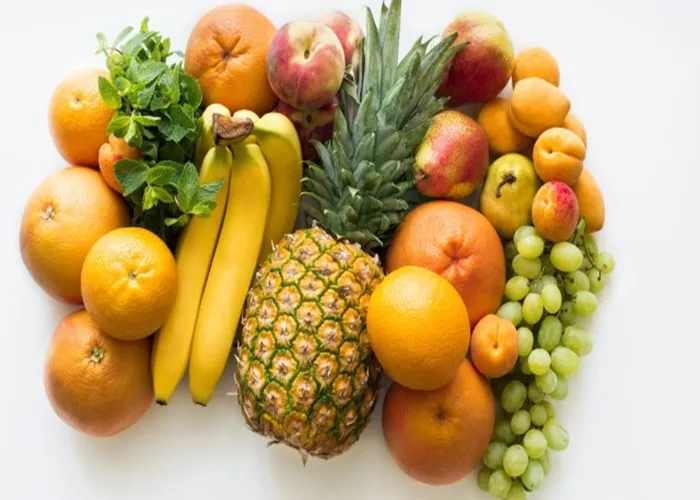When it comes to boosting your protein intake, don’t overlook the potential of fruit. While fruit isn’t typically seen as a high-protein food, certain varieties can contribute a significant amount of protein along with other valuable nutrients like fiber, vitamins, and antioxidants.
Protein plays a vital role in muscle growth, tissue repair, and satiety. High-protein diets are commonly recommended for weight loss, and plant-based eating plans, which include fruits, are becoming increasingly popular due to their health benefits. However, compared to other plant-based protein sources such as beans, legumes, nuts, and seeds, fruit generally contains less protein.
Registered dietitian Natalie Rizzo, nutrition editor for TODAY, explains, “While fruits are not protein powerhouses, every gram counts, especially if you’re following a plant-forward diet. Most people need at least 20 grams of protein per meal to maintain muscle and curb hunger.”
While fruit’s natural sugars are a healthy energy source for daily activities and exercise, Rizzo reminds us that fruit’s protein content should be considered a supplement to other protein sources. “For example, getting 2 grams of protein from blackberries is a nice addition to your diet, but eating 5 cups of blackberries just to hit 10 grams of protein may not be the most practical approach,” she adds.
Here are some fruits with relatively high protein content that can help you on your journey to muscle-building and weight loss:
1. Passion Fruit
Protein: 5 grams per cup
Benefits: Rich in fiber, calcium, and vitamins A and C, passion fruit provides a tropical burst of nutrients. The pulp can be enjoyed raw, added to yogurt, or used in smoothies and juices.
2. Jackfruit
Protein: 2.8 grams per cup (sliced)
Benefits: When unripe, jackfruit has a meaty texture similar to chicken or pork, making it a popular meat substitute in plant-based diets. It’s also a good source of fiber, vitamins, and minerals.
3. Pomegranate
Protein: 2.9 grams per cup (seeds)
Benefits: Known for its antioxidant properties, pomegranate seeds offer heart-healthy fatty acids and fiber. They also contain anti-inflammatory compounds beneficial for overall health.
4. Apricots
Protein: 2.3 grams per cup (fresh), 4.4 grams per cup (dried)
Benefits: Apricots are packed with antioxidants, iron, and essential vitamins like C, E, B6, and A. Both fresh and dried apricots can make a nutritious snack or addition to various dishes.
5. Blackberries
Protein: 2 grams per cup
Benefits: These dark-hued berries are loaded with antioxidants and fiber, which support gut health and may help reduce the risk of cancer.
6. Guava
Protein: 1.4 grams per fruit
Benefits: Guava is rich in antioxidants, vitamin C, potassium, and fiber. Its sweet-tart flavor is great in smoothies, salads, or eaten raw.
7. Raisins
Protein: 1.4 grams per 1.5-ounce box
Benefits: Raisins are high in fiber and potassium, promoting heart health and digestion. Their natural sweetness makes them a calorie-dense yet satisfying snack.
8. Citrus Fruits
Protein: 1.2 grams per orange, 2.3 grams per grapefruit
Benefits: Packed with vitamin C, fiber, and potassium, oranges and grapefruits are hydrating, low-calorie fruits that support immune health and satiety.
9. Cantaloupe
Protein: 1.3 grams per cup
Benefits: Cantaloupe is an excellent source of vitamin A (beta-carotene), which is essential for eye health and immune function. It’s perfect for fruit salads, smoothies, or as a refreshing snack.
These fruits offer a boost of protein, along with essential nutrients to support your muscle-building and weight-loss goals. Including them in your diet can provide a delicious and nutritious way to supplement your daily protein intake while also benefiting from fruit’s rich array of vitamins and antioxidants.
Related Topics:
How To Eat Mediterranean Diet On A Budget


